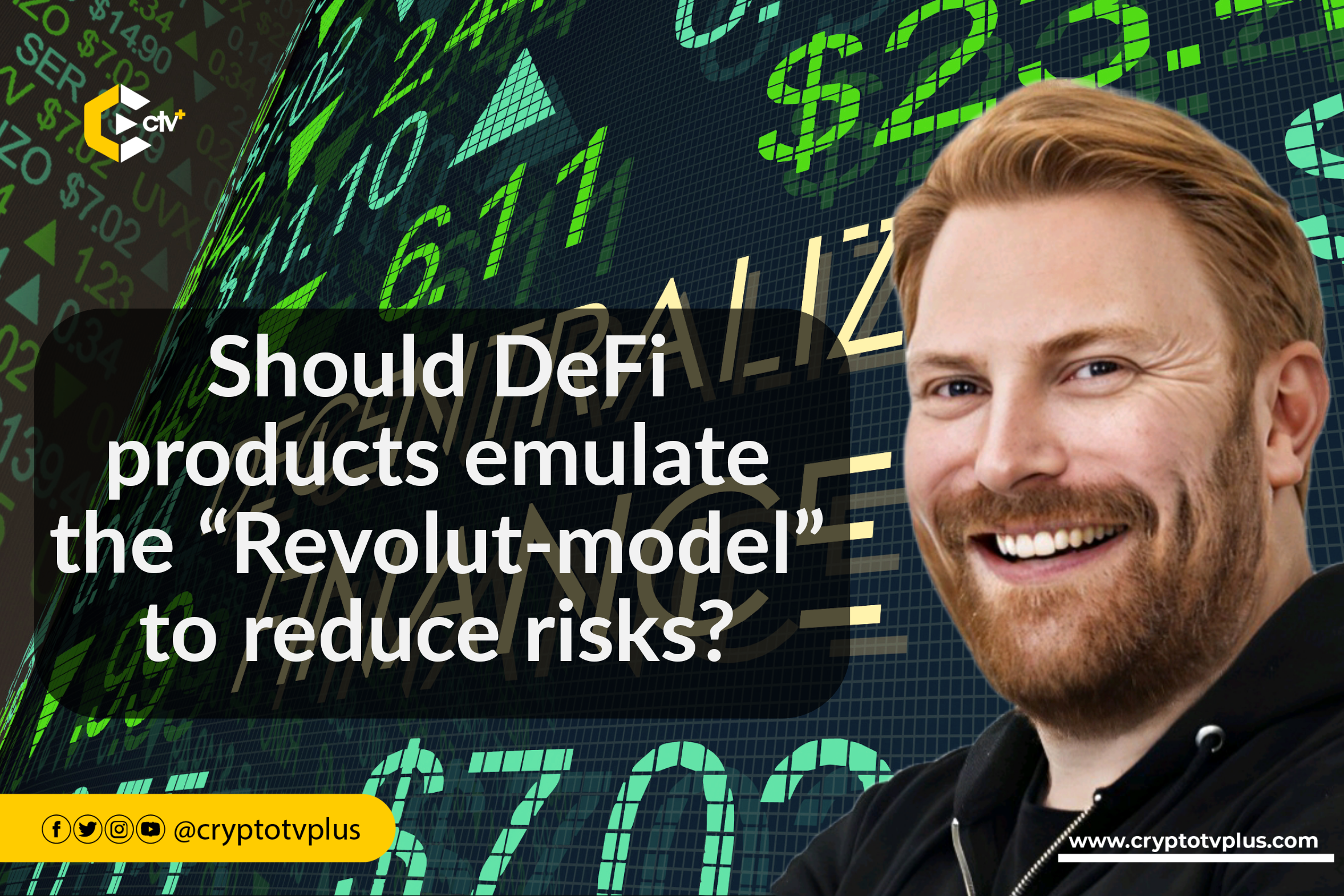FEATURED
Should DeFi products emulate the “Revolut-model” to reduce risks?

Trust, despite its challenges, continues to be a fundamental element of DeFi that requires attention. This necessitates addressing the incidents of cybercrimes that have occurred across multiple DeFi platforms. During his presentation at Breakpoint 2023, Rupert Barksfield, the former CEO of Amulet, shed light on the potential for designing the DeFi landscape in a way that minimizes risks.
Amulet is a decentralized risk protection protocol designed to provide coverage for various assets within the Web3 ecosystem. The project aims to offer a solution for risk protection within the Rust-based ecosystems, initially running on the Solana blockchain.
Amulet Protocol provides a decentralized risk protection protocol for various assets, including Smart Contract risk cover, Stablecoin de-peg cover, and plans to offer NFT, Metaverse, and GameFi asset cover in the future.
The core design of Amulet is the Protocol Controlled Reserves (PCR), representing a paradigm shift for DeFi cover towards a scalable and sustainable future.
PCR aims to address the clash between underwriting capital stakers and cover buyers, offering a more transparent and sustainable approach to risk protection protocols.
DeFi, without trust and a solution
The former CEO drew a parallel with a silent movie to illustrate the absence of trust in DeFi. The onboarding process, promises of high returns, and lack of responsibility were identified as major contributors to the overall lack of trust within the DeFi ecosystem.
To address the trust deficit, Rupert proposed adopting a Revolut-like model. Revolut is a financial technology company that offers a wide range of financial services through its digital platform.
Founded in 2015, Revolut initially launched in the UK, offering a multi-currency card, money transfers, and currency exchange. Over the years, it has expanded its product suite to include various financial services, such as crypto trading, international money transfers, and a suite of banking products.
Success of Revolut
The company has grown rapidly, serving over 35 million personal users and 500,000 business users across more than 150 countries and regions, with support for 36 in-app currencies.
Its mission is to simplify all things money, providing a platform that offers effortless, seamless, and borderless financial services. The company aims to remove the friction that stands in the way of individuals and businesses achieving their financial goals.
He added that by integrating fragmented parts of DeFi into a single, user-friendly app, the aim is to provide a level of trust comparable to traditional financial institutions.
Reflecting on the success of Revolut, he mentioned that, apart from the massive user base, the user-friendly interface, coupled with a behind-the-scenes infrastructure of APIs, contributes to a trustworthy environment. The key takeaway is that ease and safety lead to trust, a formula that could attract a billion users to DeFi.
He further called on developers and companies to build a single app or API that controls the entire DeFi stack.
The vision is not to replace individual components but to bond them together, creating a seamless user experience and, most importantly, instilling trust throughout the decentralized finance system.
Read also; Messari CEO discusses crypto’s information war and the solution






















